From March 23 to 25, 2023, the Center for International Security and Strategy of Tsinghua University (CISS) held the fifth International Forum on Security and Strategy in Beijing. With the theme of “A World at Crossroad: Re-engagement or Factionalism,” the forum gathered over 60 experts and scholars from China, the US, the Republic of Korea, the United Kingdom, Indonesia and other countries to discuss five major topics, including China-US relations, EU-Asia security hotspots, Asia-Pacific development, economic and technological ties, and the Global Security Initiative. This is the first offline international academic seminar on strategy and security organized by a domestic think tank after China’s COVID-19 prevention and control measures were adjusted.
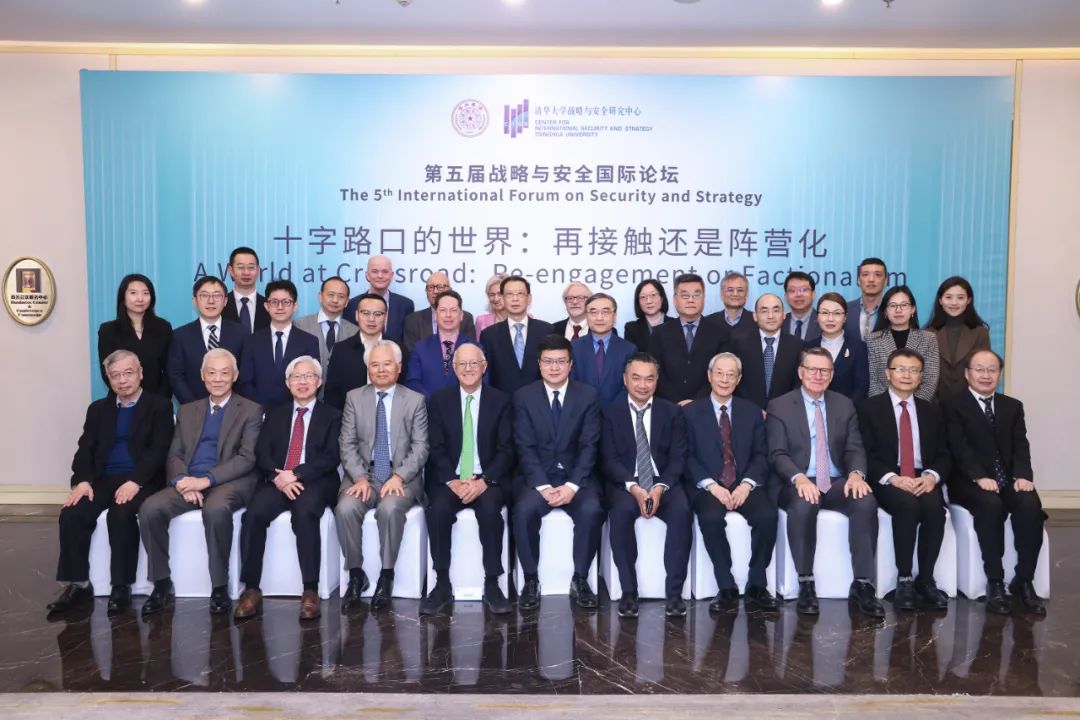
Da Wei, Chair of CISS, delivered the opening remark, expressing his pleasure to see scholars from different countries gather in Beijing for the first time in three years to explore strategic and security issues. The world is now at a crossroads when the COVID-19 and the Russia-Ukraine conflict are driving the global “factionalism.” It is hoped that through “re-engagement” between China and the outside world, and exchanges between think tanks and scholars, misunderstandings and differences can be reduced and a commonly acceptable way out can be found.
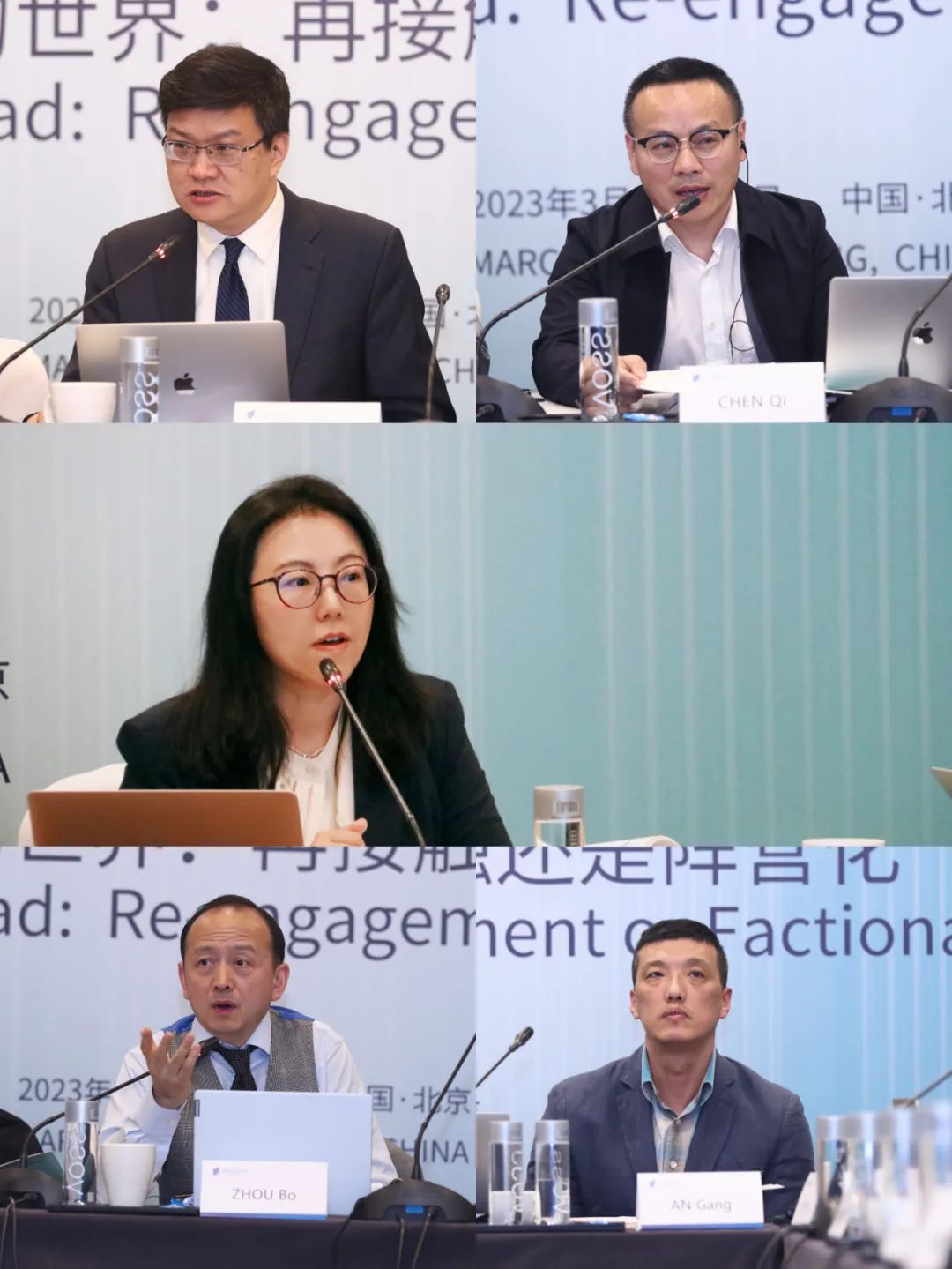
On the morning of March 24, all participants discussed China-US relations and EU-Asia security hotspots in the first and second sessions of the forum. With regard to China-US relations, the experts believed that mutual trust is in shortage between China and the US, and diplomatic communication at all levels demands restoration. Both sides should make efforts to maintain diplomatic, economic, trade and people-to-people exchanges to avoid a further downward spiral of bilateral relations.
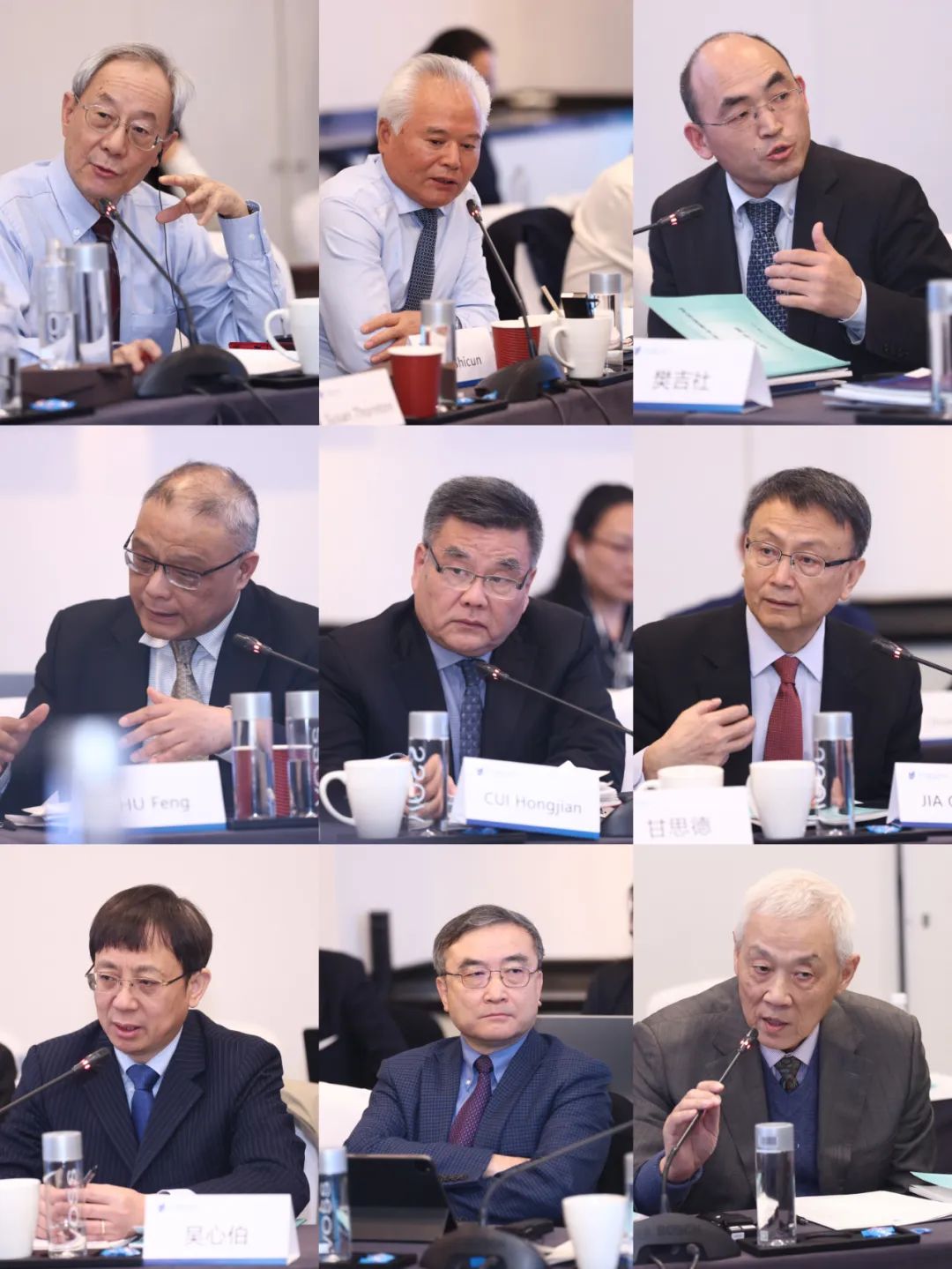
In response to the EU-Asia security hotspots, the experts believed that the Russia-Ukraine conflict has a far-reaching impact on the international order, leading to profound spillover effects in the fields of nuclear security, food, energy and finance. All parties, including China, the US and Europe, should help achieve a ceasefire as much as possible and jointly build a sustainable European security mechanism.
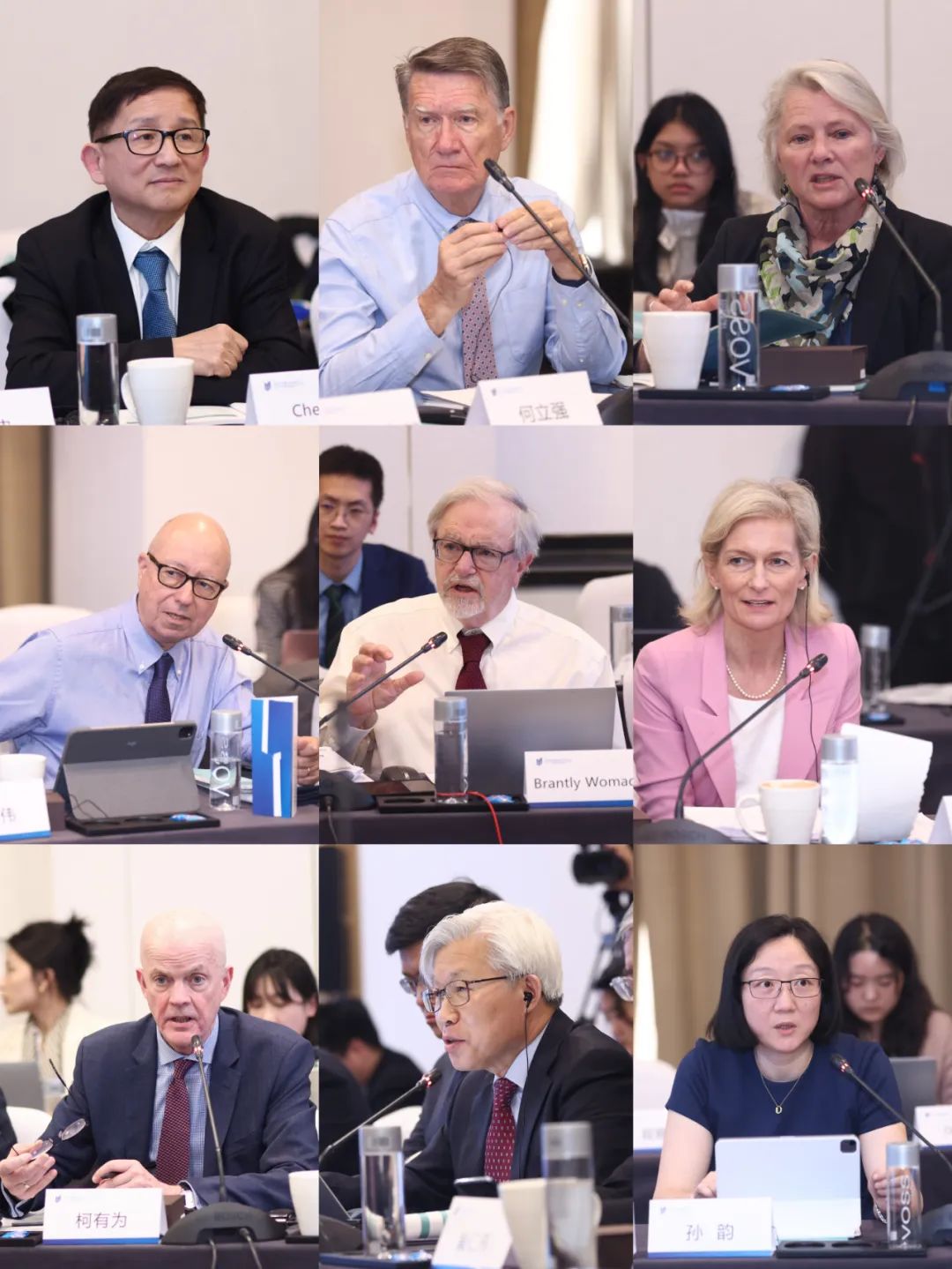
The third session on the afternoon of March 24 focused on the Asia-Pacific region, which, for a long time, has been regarded as the center of economic construction and common development of all countries. However, the region is currently challenged by major country competition and security threat to economic relations. The experts appealed to explore communication channels within the region, stop or change exclusive behaviors such as assuming imaginary enemies, and include all countries in the region in a new regional order featuring mutual benefit, openness, freedom and inclusiveness.
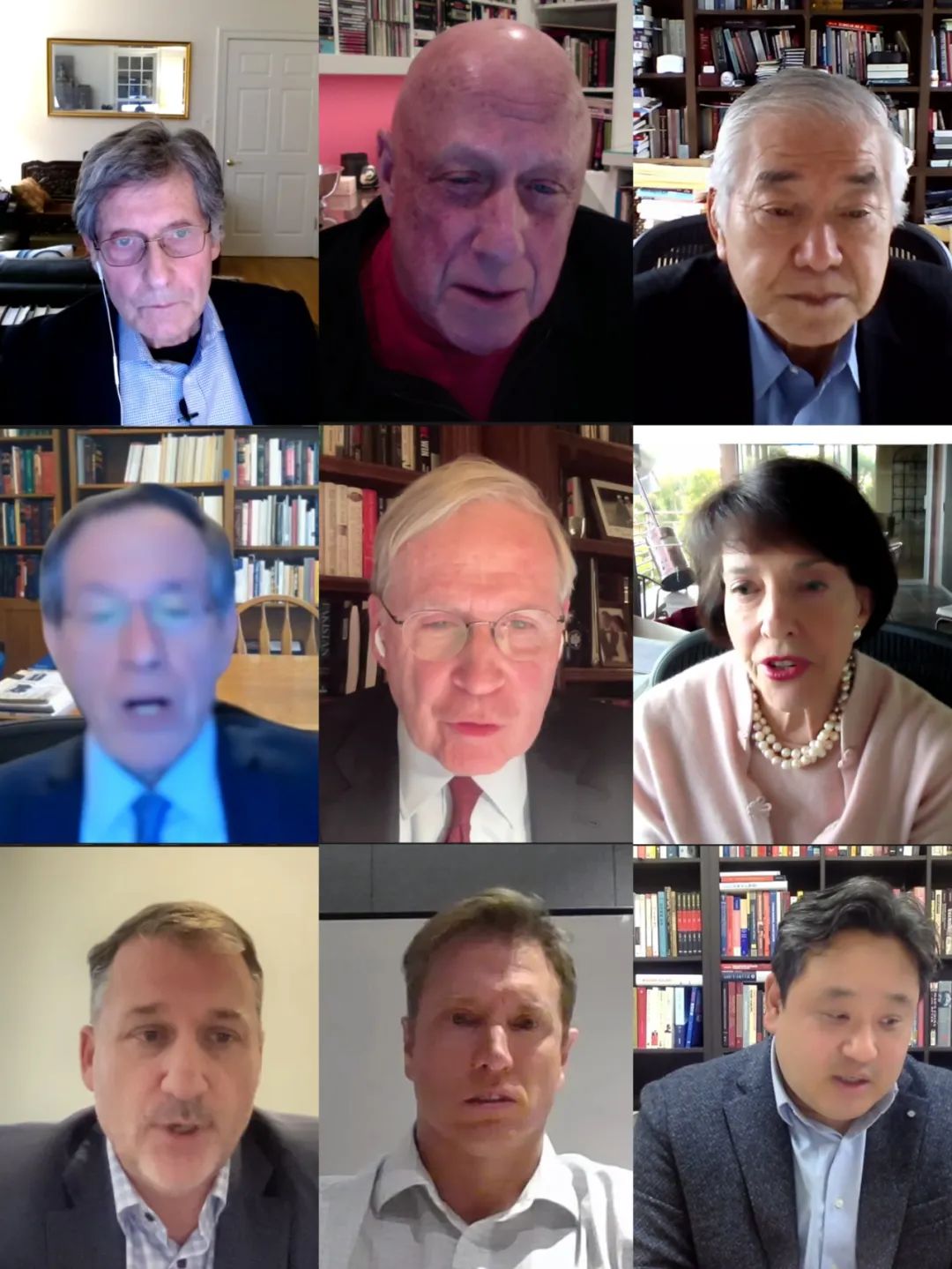
In the fourth session of the evening on March 24, economic and technological topics were discussed. All experts agreed that the decoupling between China and the US will do more harm than good, undermine global science and technology innovation, talent flow and economic growth, and lead to a “lose-lose” situation. Countries should open the communication channels of the sci-tech economy and determine the security boundary of advanced technology, so as to prevent a positive-sum competition from degrading to a zero-sum or even negative-sum game, and benefit mankind with emerging technologies.
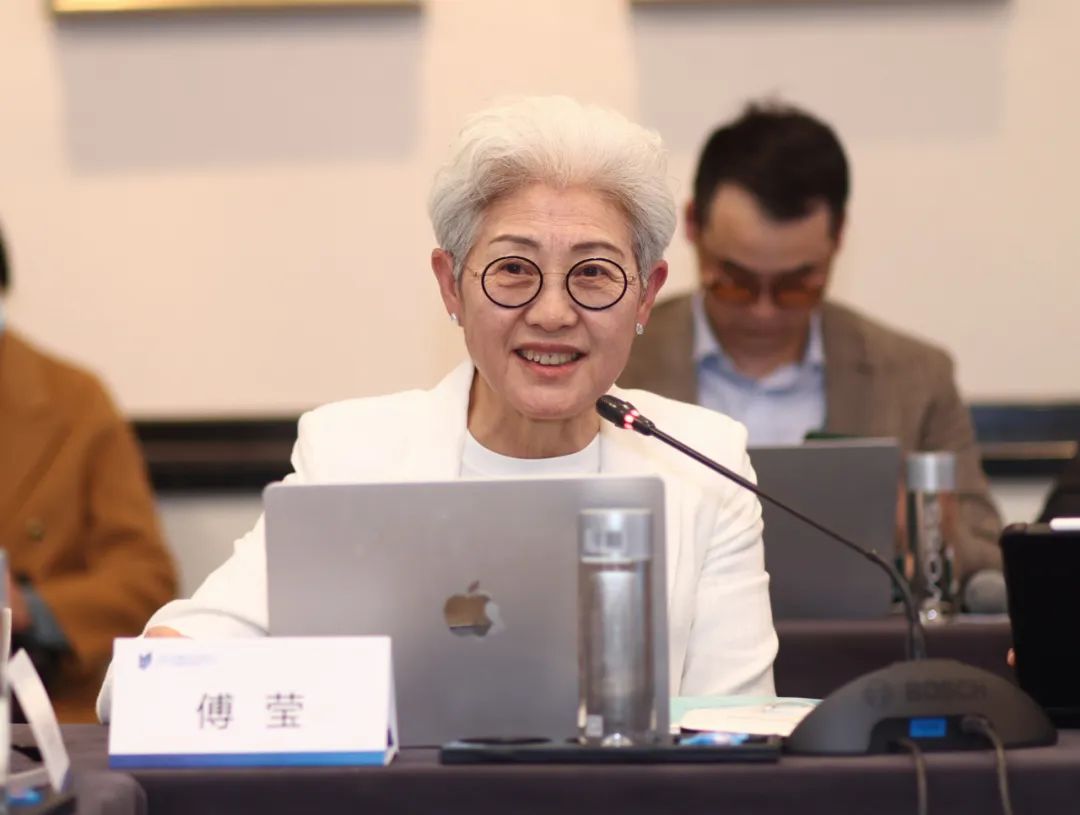
The fifth session on the morning of March 25 focused on the Global Security Initiative. The experts considered China as a responsible stakeholder in global security, and its Global Security Initiative as a solid platform, starting point and key solution to the world security dilemma. In order to further take the full advantage of the initiative, it is necessary to take into account the common concerns of all countries and transform the vision into an action plan as soon as possible.
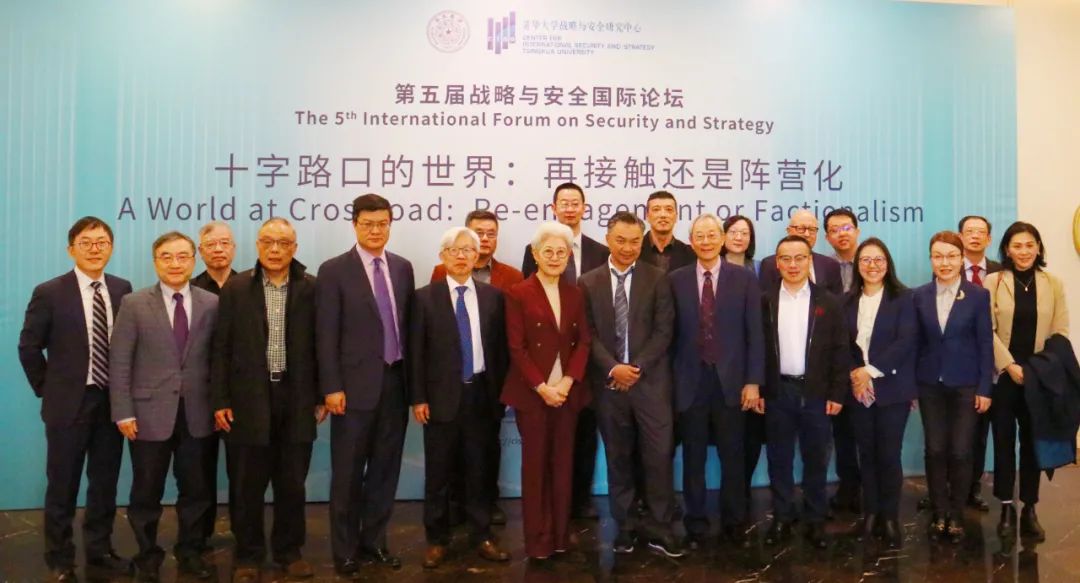
In the closing ceremony of the forum, Ambassador Fu Ying and Chair of CISS Da Wei made remarks respectively. Fu Ying said it is China’s top priority to focus on its own affairs and cooperate with other countries on an equal footing to tackle challenges. And Chair Da Wei said it is natural for professional researchers to feel “pessimistic” about the current international situation, but we should act in an “optimistic” manner to make the world better.
